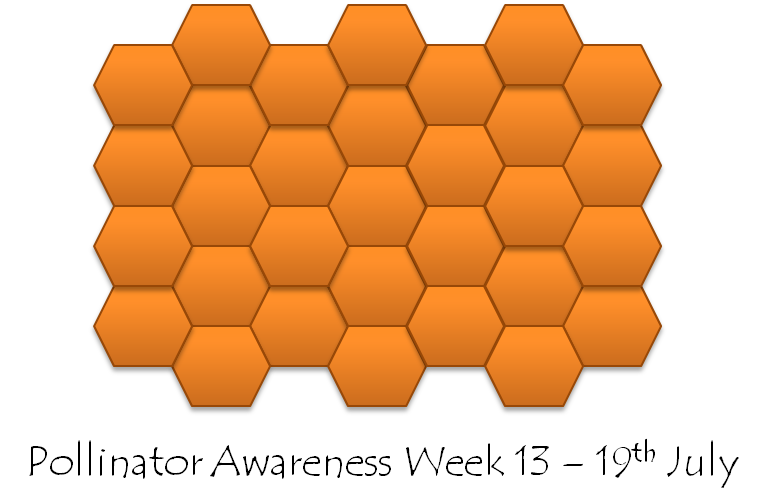Pollinator Awareness Week
This week is Pollinator Awareness Week.
It is easy to take the work of our natural pollintors for granted but without them our countryside, gardens, allotments and orchards would be very different and less productive places.
In Britain, honeybees, bumblebees, solitary bees, hoverflies, beetles, butterflies and moths all contribute to pollination of flowering crops. Incredibly, one third of the total volume of global agricultural produce relies on insect pollination. Around the world, even some species of bird and bat are also important to crop pollination.
From our perspective, it may seem that this is all a natural and free service that just happens. Natural it may be, but have you ever thought about what we would do if these little creatures weren’t around?
A study by Reading University in 2011 noted that “many of the UK’s most valuable crops, including apples, strawberries, runner beans and, increasingly, oilseed rape” rely on insect pollination. Furthermore, “insect-pollinated crops are likely to become increasingly important to UK agriculture in the immediate future.”
Tom Breeze, who conducted analysis for the study, said: “The total monetary value of pollinators to crop production in the UK is estimated at £430 million per year.”
In the South and East of England wild species are partilularly important for pollination so a second question is what about the habitat these insects rely on? If our pollinators and the habitat decline we will be faced with a couple of choices – either have to do without the great variety of agricultural products we enjoy today or start pollinating these crops ourselves, with the associated financial costs!
We can all do something to help and tomorrow we will discuss this a little further.
